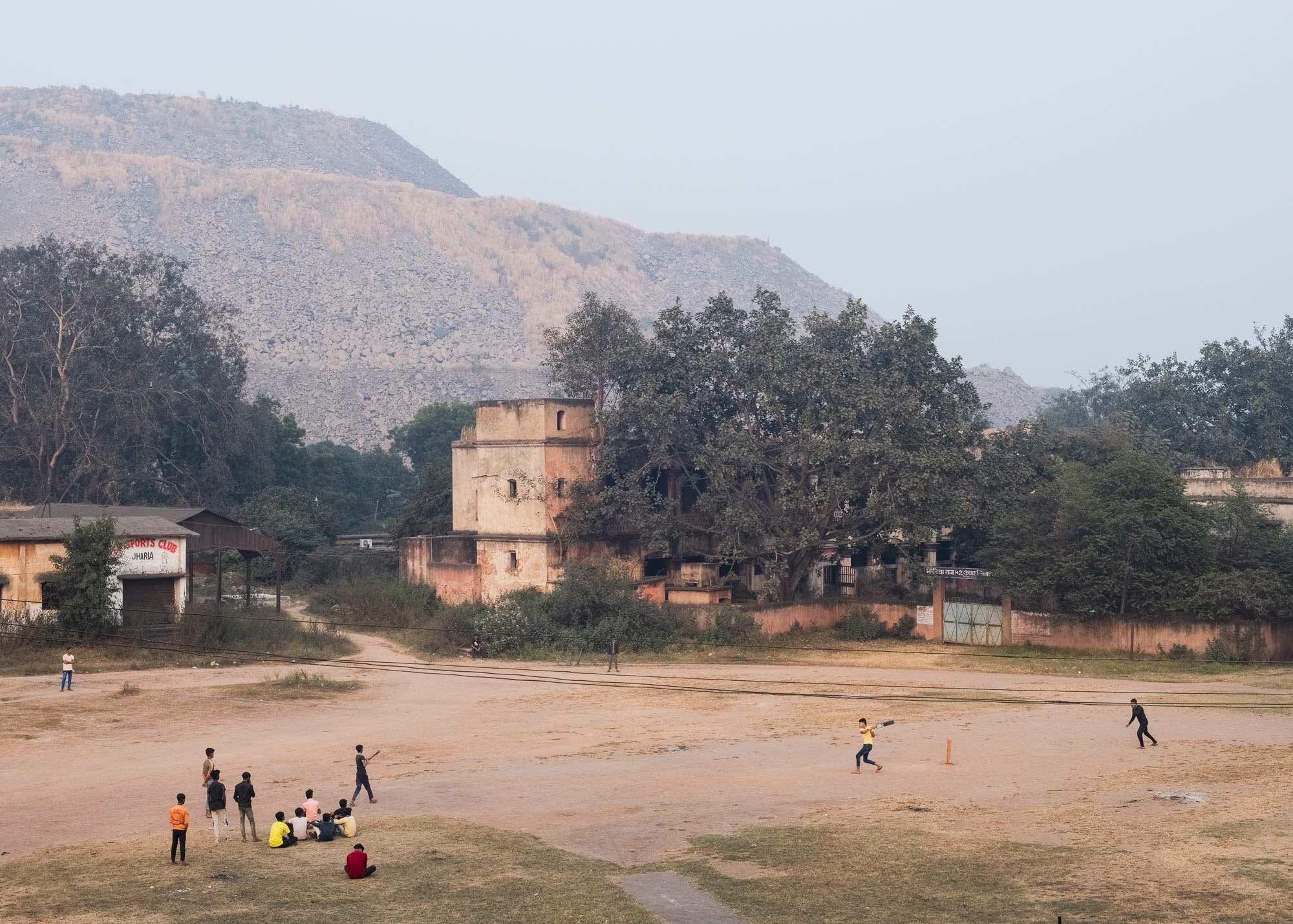
Last month, I was in Boston for the presentation of the Earthshot Prize, the annual awards started by Prince William designed to help accelerate creative solutions to the climate crisis. The roughly $6 million in grants—supported by donors including TIME’s owners Marc and Lynne Benioff—went to five remarkable projects, from a technology that turns carbon into rock to biodegradable seaweed-based packaging for consumer goods (called Notpla for “not plastics”). At a gathering after the ceremony, I was struck by the remarks of Earthshot board chair Christiana Figueres, the former U.N. climate chief, who framed this moment in the planet’s 4.5 billion years (no small task!) as one in which “the pen of history has been passed from nature to humanity.”
I asked Figueres if she would adapt those comments for this special edition of TIME, our annual partnership with the World Economic Forum for Davos. Until fairly recently, she notes in the resulting essay published here, we were passive subjects of nature’s reign. Today, it is the reverse. “More than at any other time in the history of human presence on this planet, we are now deciding what our own future will be,” Figueres writes, in a theme that echoes throughout this issue.
TIME senior correspondent Justin Worland, for his part, takes us to India—from the coal mines of Jharkhand, one of India’s poorest and most polluted states, to the wind turbines and solar fields of Rajasthan 900 miles away and a world apart. The tension between current needs for fossil fuels and renewable energy is hardly unique to India. But as Justin writes, given India’s size and virtually insatiable demand for energy, “where that balance is struck could tip the climate scales worldwide.”
We are at a critical juncture too for the technologies of the Fourth Industrial Revolution, and nowhere is that more evident than in the emergence of artificial intelligence into the mainstream. While many of us spent our holidays generating AI poetry on ChatGPT, TIME’s Billy Perrigo has been exploring the deeper promise and peril of this technology in his reporting. Billy conducted a rare interview with Demis Hassabis, CEO and co-founder of Google-owned lab DeepMind, who is profoundly troubled by some recent developments with the technology he helped foster. “I would advocate not moving fast and breaking things,” Hassabis tells Billy, playing off the old Silicon Valley motto that preaches the opposite.
Other warning shots in this issue get at the official topic of this year’s annual meeting, Cooperation in a Fragmented World. Tristan Harris, co-founder of the Center for Humane Technology, puts the problem on the shoulders of social media, where, as he puts it, “what gets the most engagement,” he writes, “are the fights, takedowns, and proverbial car crashes we can’t take our eyes from.” Kristalina Georgieva, managing director of the International Monetary Fund, worries that we are “sleepwalking into a future that is poorer and less secure” by moving away from the global cooperation that characterized previous eras.
Amid so many global crises—public health, inequality, climate change, polarization, and war—it’s been hard to come away from Davos in recent years with much optimism. And yet of course we have to find a way forward.
“This situation which we are in now is not the worst of all the times,” WEF founder Klaus Schwab told me late last year. “It’s a bad one. But at the end, change is what’s happening. We can manage change.”
It’s our hope that the reporting and perspectives in this issue, and all of our work at TIME, contribute to that process. We all hold the pen.
More Must-Reads from TIME
- Cybersecurity Experts Are Sounding the Alarm on DOGE
- Meet the 2025 Women of the Year
- The Harsh Truth About Disability Inclusion
- Why Do More Young Adults Have Cancer?
- Colman Domingo Leads With Radical Love
- How to Get Better at Doing Things Alone
- Michelle Zauner Stares Down the Darkness
Contact us at letters@time.com